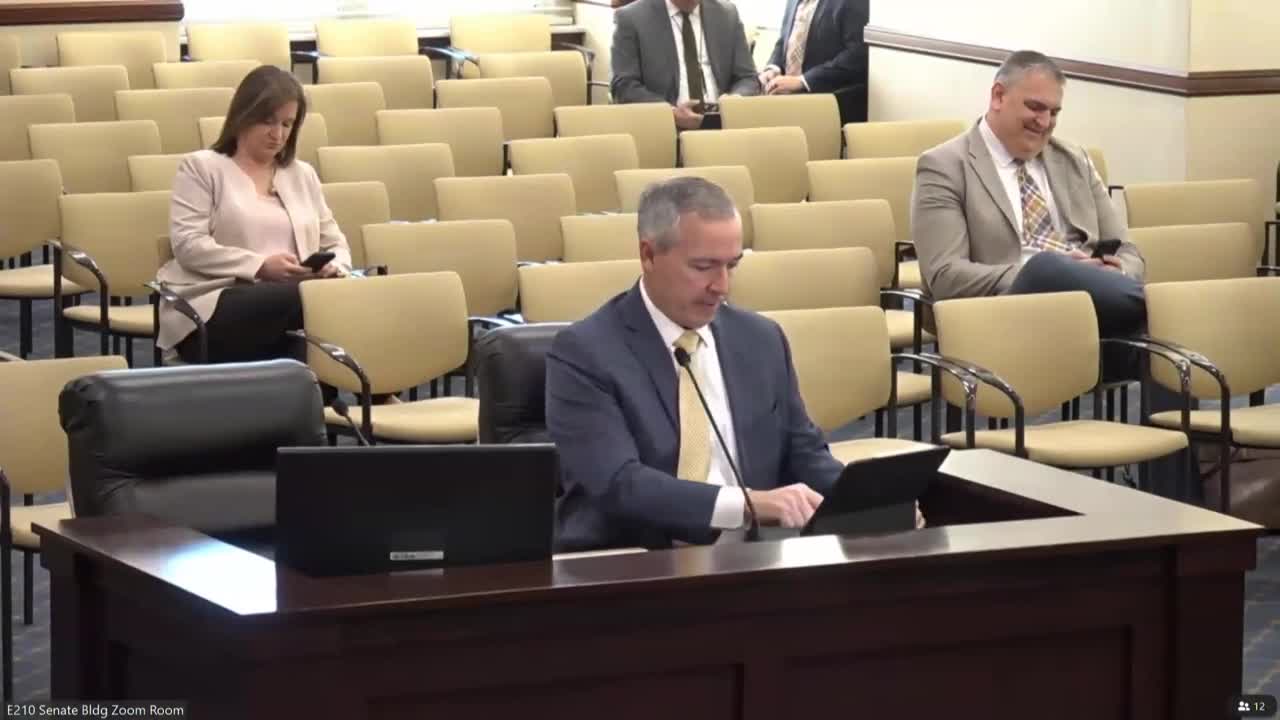Article not found
This article is no longer available. But don't worry—we've gathered other articles that discuss the same topic.
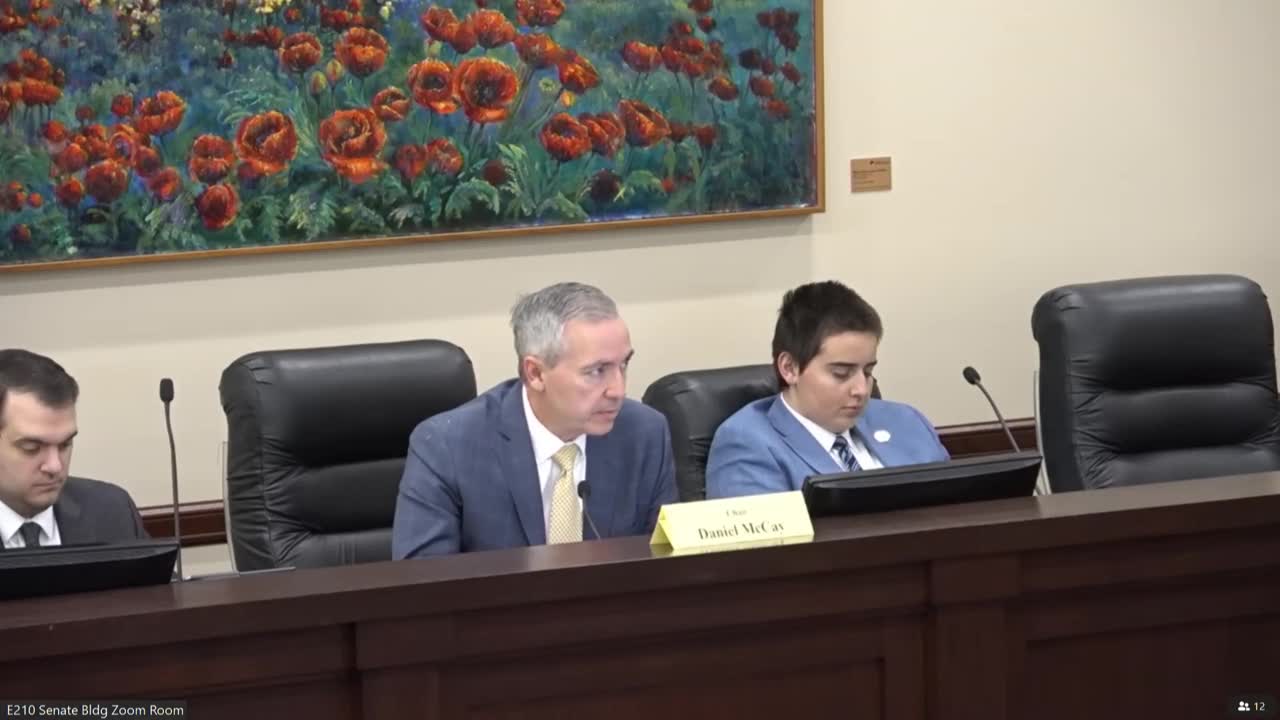
House substitute clarifies agency responsibility for responding to legislative audits
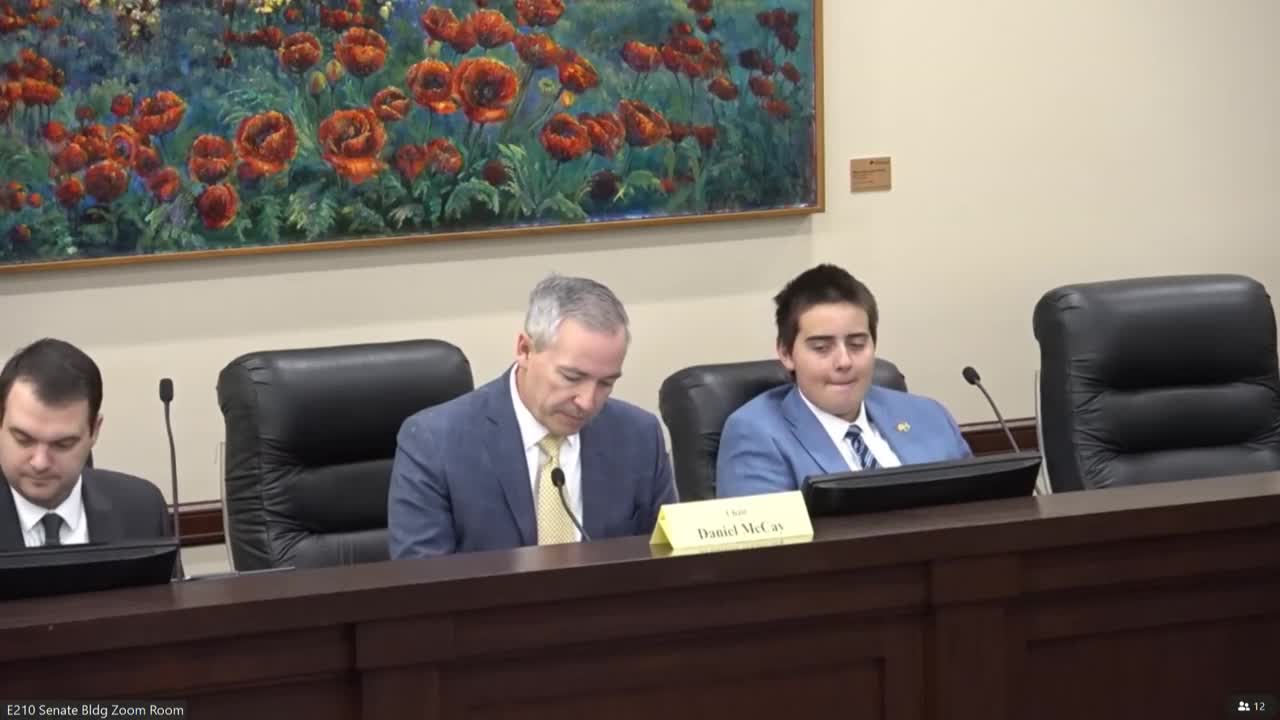
Panel adopts substitute tightening lobbying disclosures, expands higher‑ed event exceptions
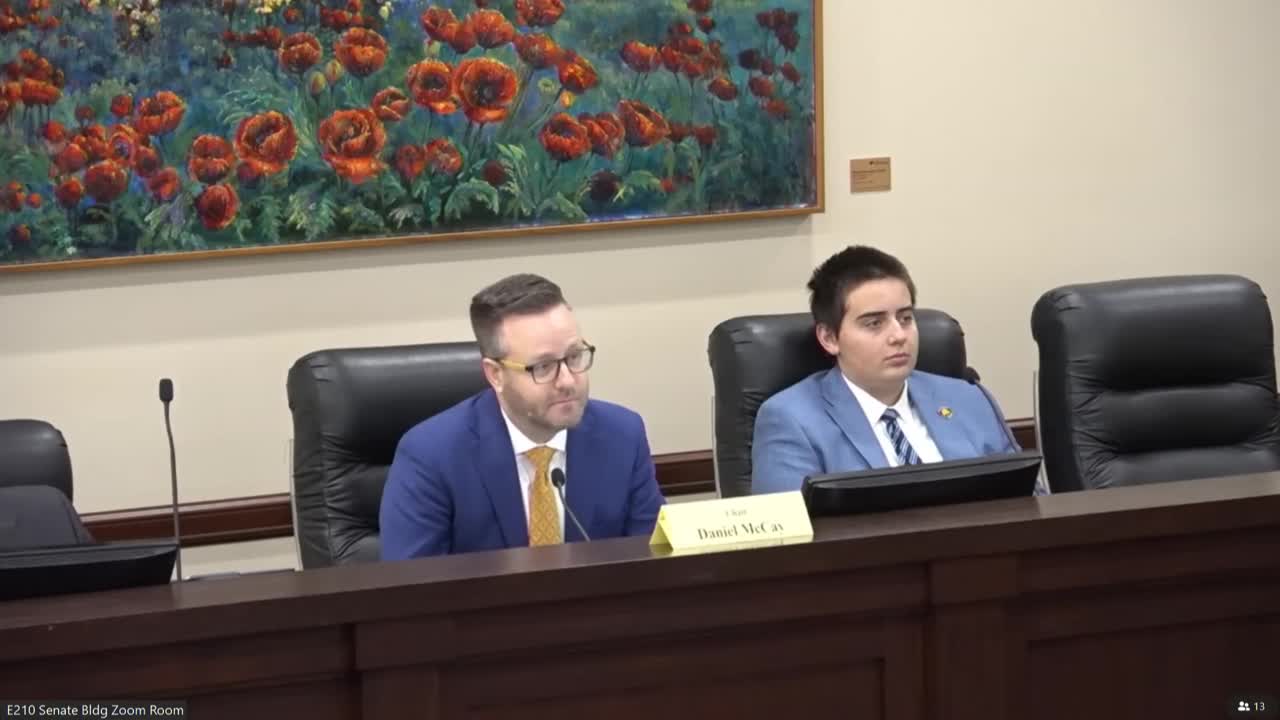
Committee advances bill to let Salt Lake County repurpose funds for convention center rebuild
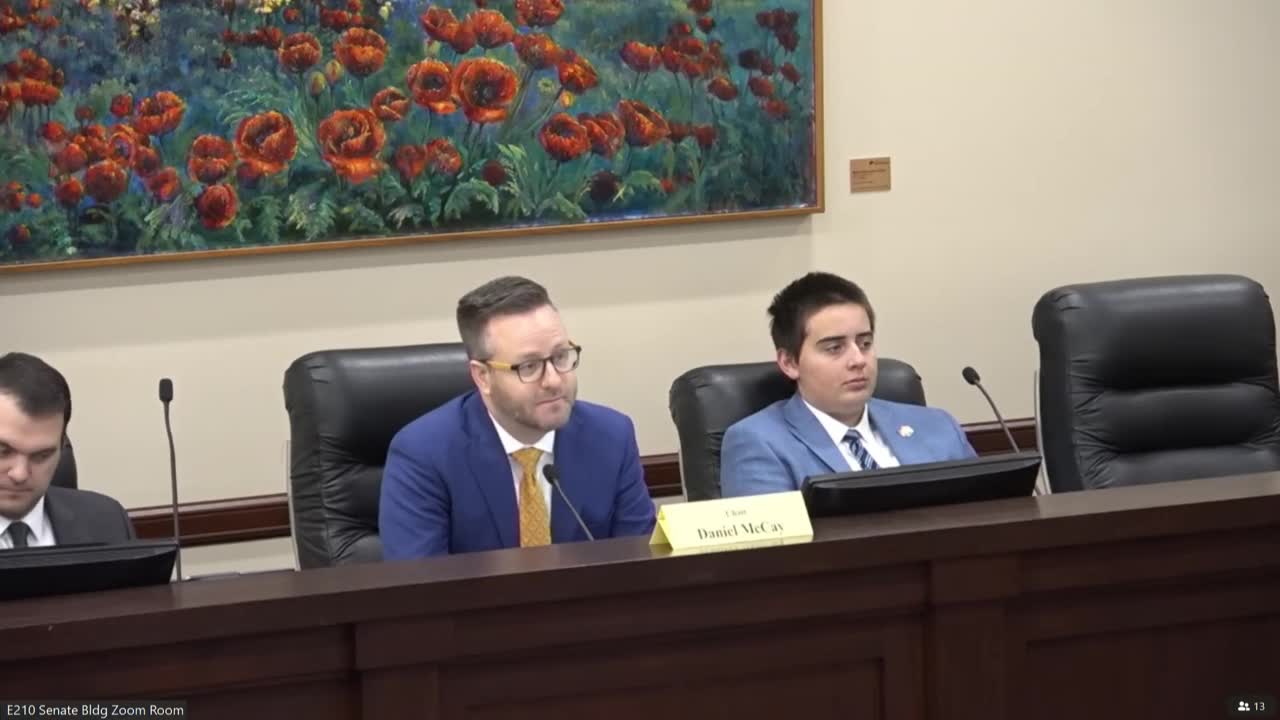
Committee approves bill to let state delegates fill most statewide vacancies
